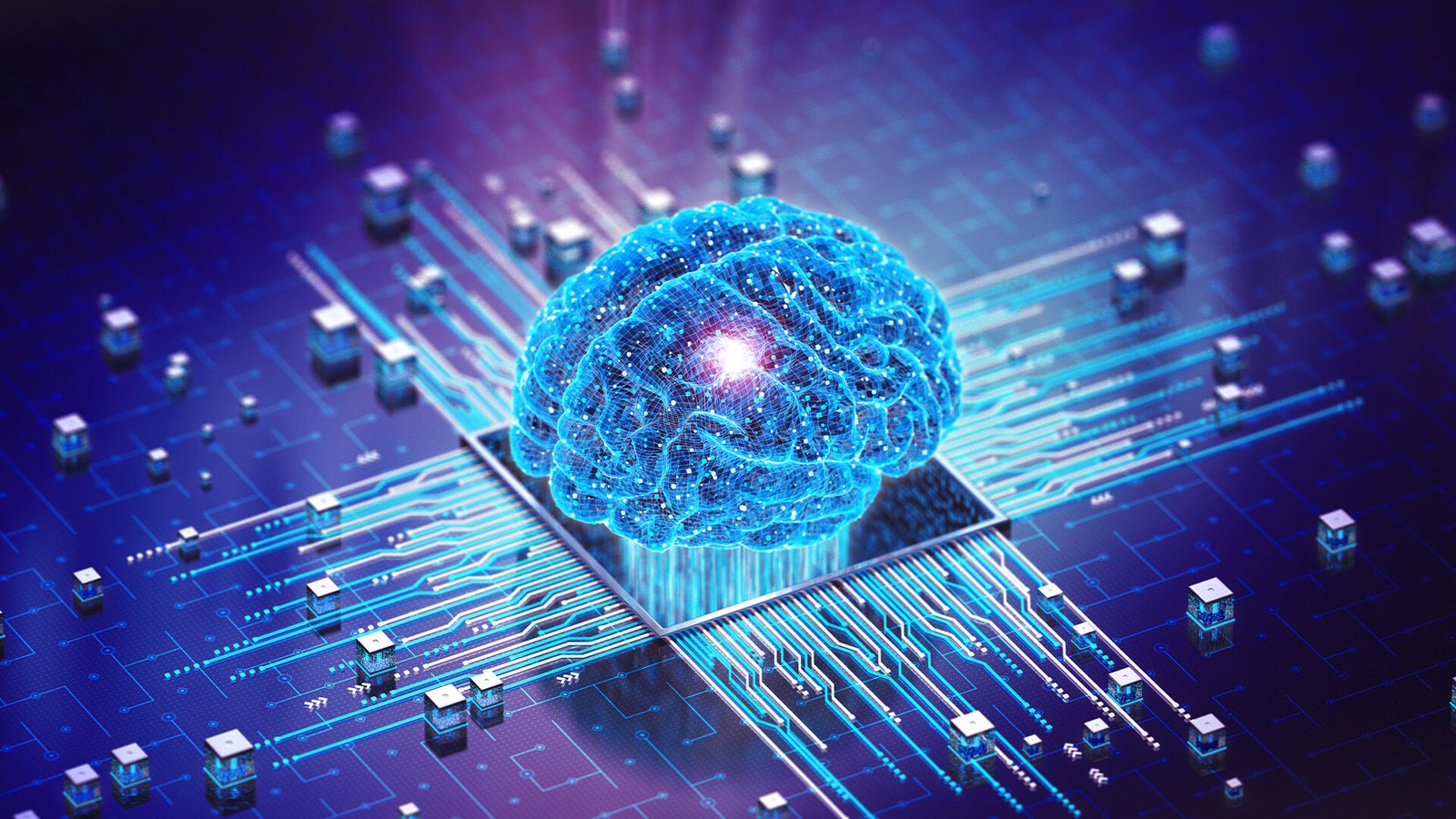India is entering a pivotal phase in its artificial intelligence (AI) evolution—one marked by scale, diversity, and a development-first mindset. While global powers compete for technological supremacy, India is charting a differentiated path—anchored in responsible AI, inclusive innovation, and sustainable impact. As a result, the nation is fast emerging as a global hub for AI talent, services, and infrastructure.
Leveraging the Services Ecosystem: India’s Strategic AI Advantage
At the core of India’s AI growth is its well-established IT services sector. With over 6 million employees and contributing approximately 7% to the national GDP, this sector is a critical driver of AI and Generative AI (GenAI) adoption.
Multinational and Indian IT leaders—including Accenture, Capgemini, TCS, Infosys, and Wipro—are leveraging their Indian operations as innovation centers for AI deployment. For instance:
-
Accenture India is developing domain-specific GenAI tools across sectors such as finance and logistics.
-
Capgemini India is spearheading GenAI applications in manufacturing and healthcare.
-
Collaborations such as TCS with Nvidia and Infosys with Cambridge University are accelerating AI adoption while reinforcing India’s position in global value chains.
To ensure continued leadership, these firms are investing significantly in workforce upskilling through partnerships with academic institutions and industry-led certification programs.
AI Infrastructure Expansion: Cloud and Data Centers
The availability of compute infrastructure is critical to AI development. Hyperscalers—including AWS, Microsoft Azure, and Google Cloud, who together control over 65% of the global cloud market—are making substantial investments in India’s data center ecosystem.
India’s data center capacity is projected to grow from 1.2 GW today to over 5 GW by 2030, positioning the country as a leading data hub in the Asia-Pacific region. Domestic firms like Sify, Nxtra, CtrlS, and Yotta are key enablers of this expansion, not only providing capacity but also launching their own AI-ready cloud services.
Startup Ecosystem: Catalyzing AI Innovation
India hosts the world’s third-largest startup ecosystem, which includes over 140 GenAI startups that have collectively raised more than USD 1.5 billion since 2020. These startups are deploying AI in critical areas such as diagnostics, content generation, customer support, and vernacular education.
Notable examples include:
-
Spyne (Gurugram) – Automating car listing visuals with GenAI. Total funding: $23M.
-
Qure.ai (Mumbai) – AI-enabled diagnostics for X-rays and CT scans. Total funding: $125M.
A common theme among these ventures is their focus on inclusive design—developing solutions tailored for India’s diverse population, including tools for low-resource languages and rural accessibility.
Developing Foundational Models for India
India’s linguistic and cultural diversity necessitates AI models that reflect local nuances. Efforts are underway to build foundational and large language models (LLMs) that cater to the country’s multilingual environment.
Key initiatives include:
-
Sarvam AI, Gan.ai, Gnani.ai – Developing LLMs trained on Indian datasets.
-
AI4Bharat (IIT Madras) – Open-sourcing multilingual AI models.
-
Bhashini (MeitY) – Creating a national public platform for vernacular AI access.
-
BharatGPT – A GenAI model designed for public service sectors like healthcare, agriculture, and education.
These models are integral to making AI accessible and relevant for all segments of the Indian population.
Policy and Government Support: The IndiaAI Mission
The Government of India is actively fostering a robust AI ecosystem through the ₹10,000 crore (approx. USD 1.2 billion) IndiaAI Mission, spearheaded by the Ministry of Electronics and Information Technology (MeitY). The mission includes:
-
National compute infrastructure
-
Startup and research funding
-
AI talent development programs
-
An open AI innovation platform
Drawing from the success of UPI, Aadhaar, and ONDC, the IndiaAI Mission aims to provide digital public infrastructure to support innovation at scale while ensuring equitable access.

Growing Global Interest and Investment
India’s AI momentum is attracting global investment, especially in data centers and Global Capability Centers (GCCs). AI workloads are projected to account for nearly 40% of global data center demand by 2030. India is positioning itself to capture a significant share of this demand.
Notably, the country has expanded from fewer than 1,000 GPUs in 2022 to over 34,000 today. Companies such as ST Telemedia, NTT Data, and Web Werks are developing AI-ready facilities in India.
Meanwhile, over 1,700 GCCs are evolving into innovation hubs:
-
SAP Labs India developed “Joule,” an AI productivity assistant integrated into SAP’s cloud suite.
-
Citi Innovation Labs in India collaborate with startups to build AI-based credit scoring and blockchain solutions.
Invest India continues to support foreign investors through site selection, regulatory navigation, and local partnerships.
Outlook: Scaling Inclusive and Responsible AI
India has laid the foundation for scalable, inclusive, and responsible AI. With its strong services backbone, expanding infrastructure, vibrant startup ecosystem, and government-backed initiatives, the nation is poised to play a defining role in the global AI landscape.
As India scales its capabilities—from foundational models to compute infrastructure—it has the potential not only to lead the AI revolution but to do so in a manner that ensures broad-based inclusion and long-term sustainability.


